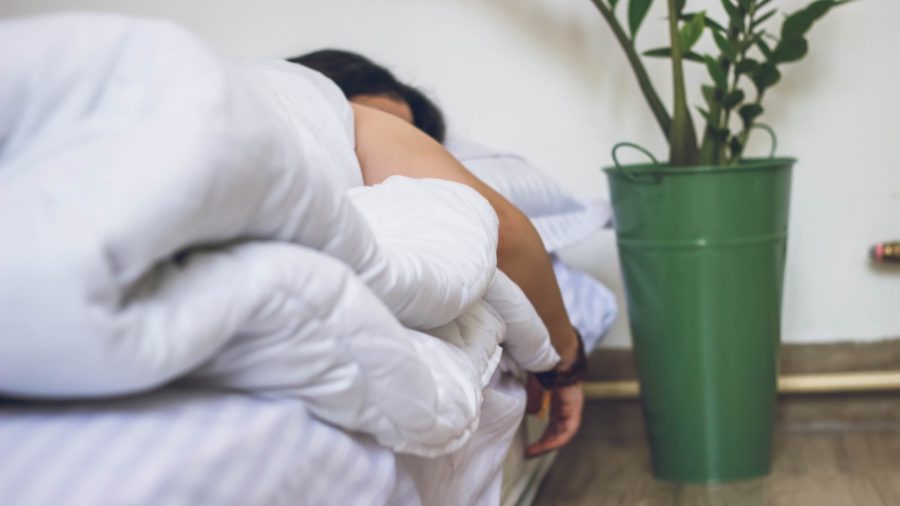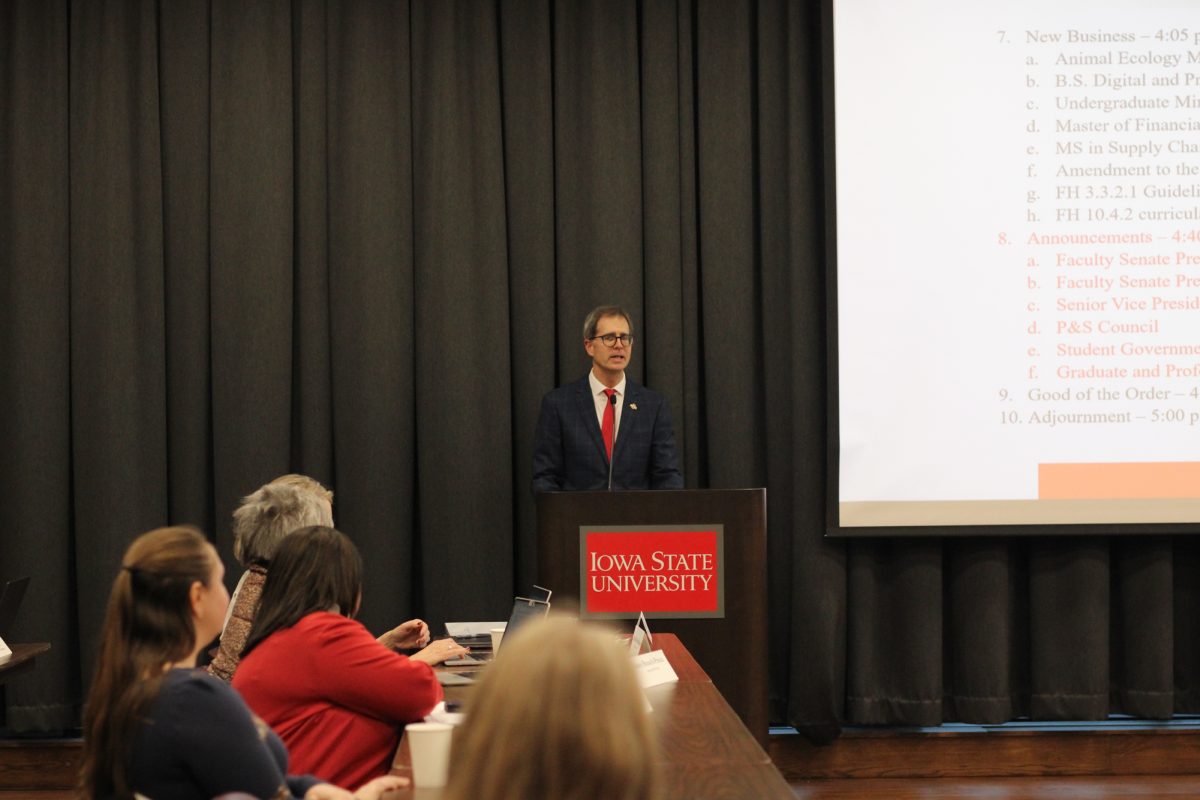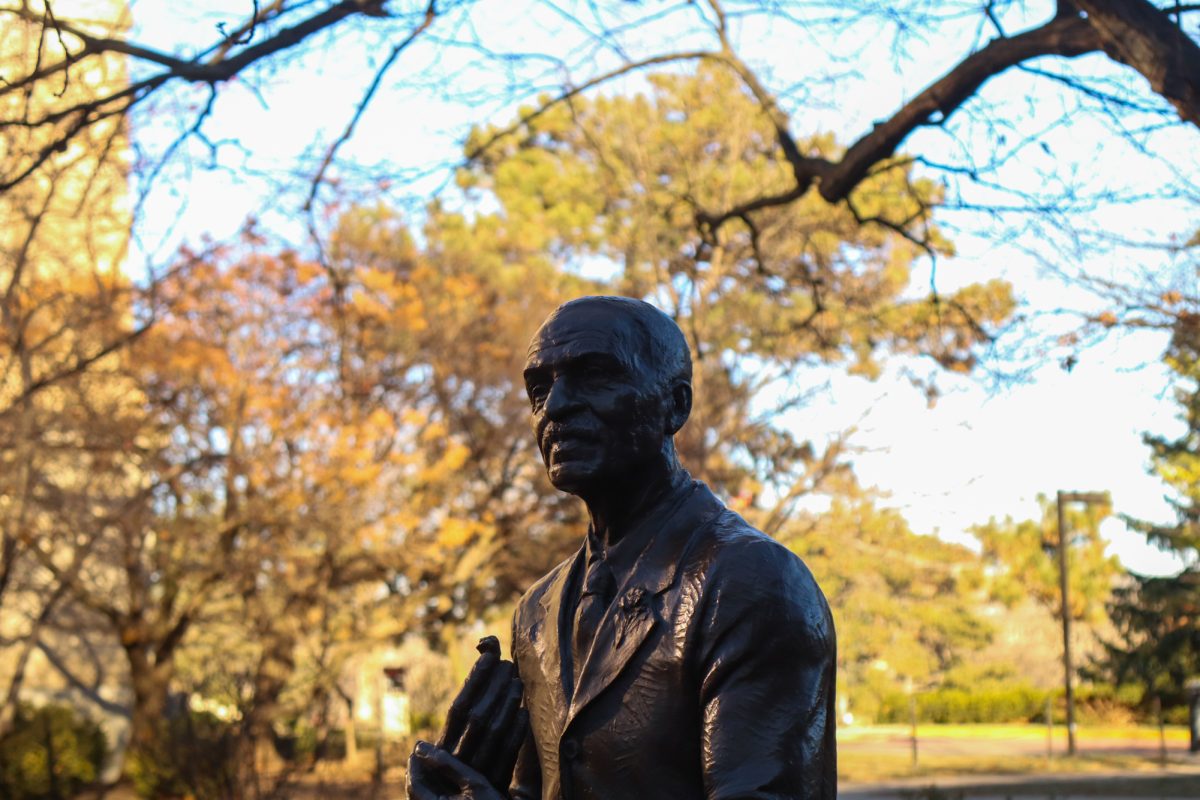Sleep statistics released in a self-report sleep measure show that Iowa State students show that different genders have different sleep tendencies.
Iowa State’s Director of Student Wellness Brian Vanderheyden said sleep is “one of the biggest issues” facing the well-being of college students.
“College students are very busy, a lot of times in school full time, a lot of times working, you know, a couple jobs, involved in a lot of extracurriculars and then typically have inconsistent schedules,” Vanderheyden said on why college students tend to struggle with sleep more than other demographics.
Every two years Iowa State participates in an assessment done by the National College Health Association that addresses different health factors. Iowa State sleep statistics collected during the fall 2021 semester covered substance use, mental health, sleep, sexual health and a broad range of other health categories.
In a sample of 1,023 students, 76.24% of men experienced an extremely hard time falling asleep in the past seven days either once or twice. More than 71% of women experienced this once or twice. More than 23% of men had an extremely hard time falling asleep more than three times a week. Women dealt with this problem slightly more at 28.71%.
Cooper Meldrem, a sophomore in kinesiology and health, said he tries to find a good routine for sleep.
“If I am able to get a consistent eight hours of sleep per day, I feel ready to go. If I get under eight hours I feel more lethargic throughout my day,” Meldrem said.
In a sample of 1,021 students, 50.88% of men reported feeling rested once or twice in the past seven days. More women felt well rested at 65.83% once or twice. When it comes to being well rested three or more times over the span of a week, men were at 49.12% and women were at 34.17%.
The assessment also showed 38.66% of men reported feeling sleepy once or twice compared to women who felt sleepy at 20.9%. When it came to feeling sleepy three or more times in a week, men were at 61.34% and women were at 79.1%.
In a study done by the National Library of Medicine between students who are sleep-deprived and students who are not, they found that students’ grades drop about two letter grades when they are sleep-deprived. The study found no difference between the two groups in response rate, which is directly related to alertness.
Reese Berndt, a sophomore studying elementary education, said stressful times at school can affect her sleep schedule.
“My sleep patterns definitely change during stressful times, especially during exam weeks,” Berndt said. “I feel guilty going to sleep when I could be studying for a big exam. I always end up staying up later to get that extra time to study.”
Iowa State offers a program to help students with bad sleep tendencies. Sleep Well is a self-guided sleep program focused on improving student sleep through engaging in sleep hygiene behaviors.














